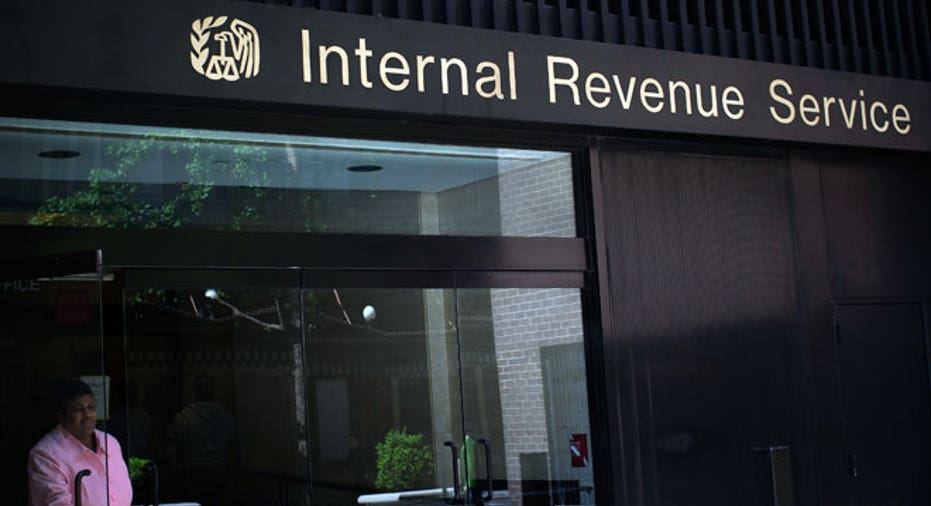5 Tips to Survive an Audit

The chances of getting audited by the IRS are less than 1%, but if you find yourself in hot water with the agency the burden is on you to prove the legitimacy of your deductions and credits and verify you reported all sources of income.
“The IRS is so stretched with resources that they are shifting to issuing more correspondences than actual audits,” says Brooke Balducci, senior manager at accounting and business management firm CBIZ MHM.
When it comes to avoiding trouble with Uncle Sam, the best offense is a good defense. “Unfortunately, the IRS doesn’t tell us exactly what they are doing or looking for. You should fill out your tax return with the plan of being audited and don’t claim anything you don’t have the documentation to prove,” she advises.
The length of an audit varies, according to Laurie Zeigler, an enrolled agent and director of the National Association of Enrolled Agents. “There isn’t a typical audit process. They usually take a couple of months, but I’ve seen them dragged out for over a year.”
She adds that any audit notices coming this year aren’t going to be for the 2013 tax year. “Right now, they are auditing 2011 returns, so if people thought they were safe from past returns they’re wrong. And if the IRS finds anything in your returns from the past three years they can then go back another three years.”
Your chances of getting audited are slim, but here’s what you need to know to survive the process:
Read the Letter. Twice. While the IRS has taken steps to make their letters less confusing, anything regarding the tax code tends to make people nervous, so it’s important to read the letter carefully and understand what the agency wants.
According to Zeigler, of the 1% of people who get audited, three-quarters of them are facing a correspondence audit.
“An audit correspondence is done entirely through the mail. The IRS will request documents proving some of the deductions or credits you claimed—especially if they are higher than average,” she says.
Address the Issue. Filers tend to have 30 days to respond to an IRS inquiry and Balducci says just because the agency wants more information doesn’t mean you will owe additional taxes.
“In most cases they just want more information. People tend to panic and think they are going to have a big tax liability and tend to ignore the letter, and that’s not a good idea.”
Gather Applicable Documentation. Zeigler says that most of the time the IRS is looking for specific documentation to verify a claim, which is why it’s important to keep proof for claimed credits and deductions.
She points to an elderly client who faced an audit because of his high medical and charitable deductions. “We went back to the medical providers and asked for records of payments throughout the last year. It turns out that there were more payments then claimed in the first place.”
Anything that is donated and is worth more than $250 needs to be documented—and a cancelled check won’t cut it. “Re-trace your steps and try and get documents proving" the claims you make in your return, she said.
Keep Your Mouth Shut. Don’t offer any more information than necessary during an audit. “Audits have scopes, so don’t allow the agent to open the door beyond the designated scope by saying something. If you don’t open the door outside of the original scope, they can’t walk through it.”
Seek Professional Help. If your return is pretty basic and the IRS is only looking for one document, experts agree you might be able to handle an audit solo. However, the tax code is complicated and agents can be intimidating.
“Most of the time they are looking for more documentation related to a Schedule C or Schedule A, but if it gets more complicated beyond that it might be time to call a professional to make sure you get this taken care of in your best interest.”



















